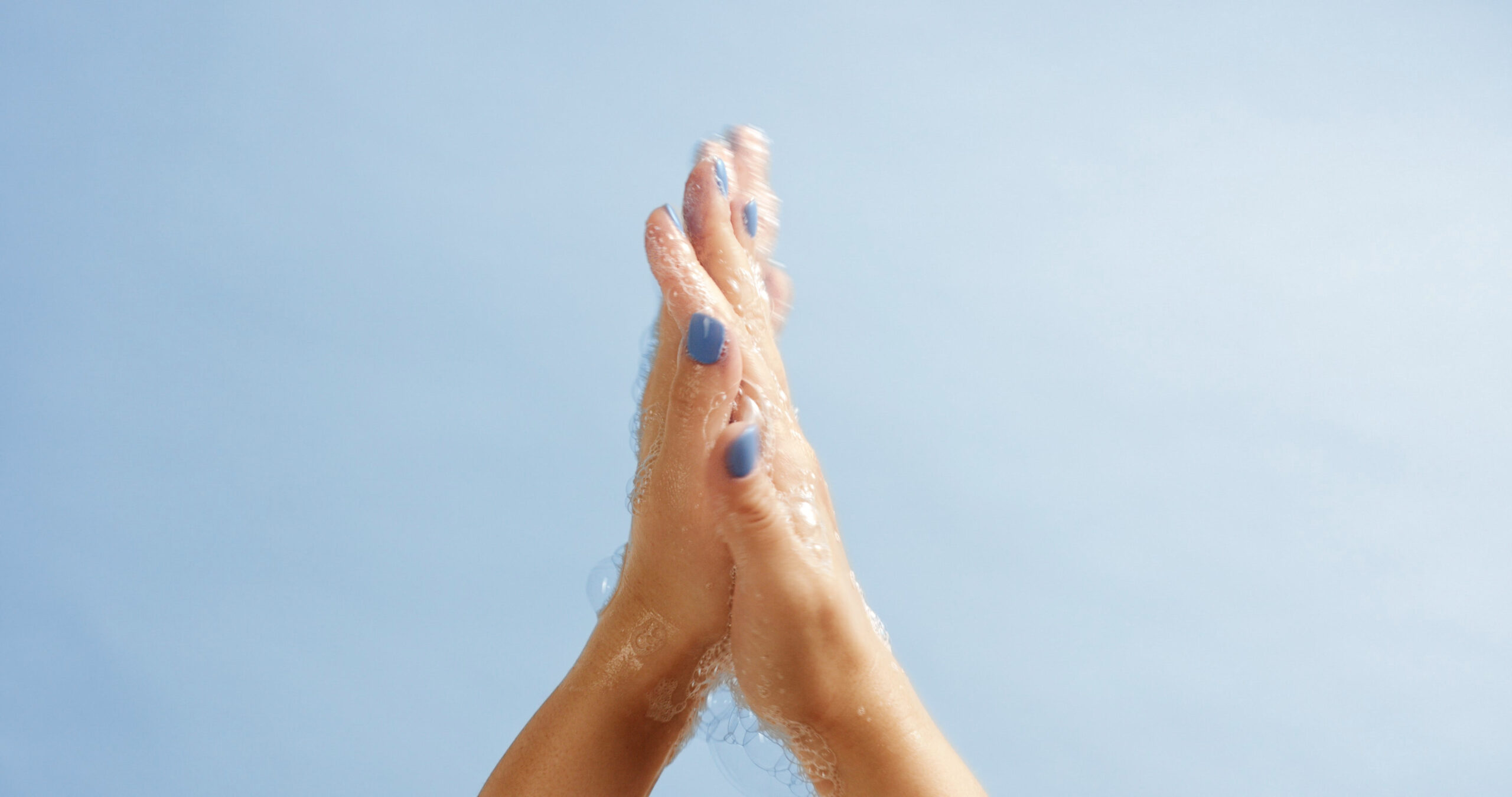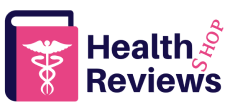Acne is one of the most common skin problems that affect people of all ages. It’s characterized by pimples, blackheads, whiteheads, and other types of blemishes on the face or body. While there are many myths surrounding acne, one of the most persistent ones is that it’s caused by fungus. In this blog post, we’ll debunk that myth and explore the real causes of acne, as well as the best treatments for different types of breakouts.
Understanding the Causes of Adult Acne: What You Need to Know
While teenagers aren’t the only ones who get acne, adults can also experience breakouts well into their 30s, 40s, and even 50s. The cause of adult acne isn’t always clear, but hormonal imbalances, stress, and certain medications can contribute to the problem. Additionally, genetics may play a role in whether someone develops acne or not.
The Best Treatments for Cystic Acne: How to Get Rid of Those Painful Bumps
Cystic acne is a particularly severe form of acne that’s characterized by large, painful bumps under the surface of the skin. These bumps can be difficult to treat, but there are several effective options available. One popular treatment is Isotretinoin, which is a powerful retinoid that helps to reduce oil production and prevent clogged pores. Other treatments include antibiotics, cortisone shots, and laser therapy.

Hormonal Acne Treatment: Everything You Need to Know About This Effective Option
For women who struggle with acne, hormones may be the culprit. Hormonal acne treatment involves balancing out the levels of estrogen and progesterone in the body, which can help to regulate sebum production and improve overall skin health. Options for hormonal acne treatment include birth control pills, spironolactone, and anti-androgen drugs like finasteride.
Comparing Acne vs Rosacea: Similarities, Differences, and Treatment Options
Rosacea is another common skin condition that shares some similarities with acne. Both conditions can cause redness, swelling, and bumps on the face, but rosacea tends to affect the cheeks and forehead more than acne does. Treating rosacea typically involves managing triggers like sun exposure, spicy foods, and alcohol consumption, as well as using topical creams and oral medications to reduce inflammation.
